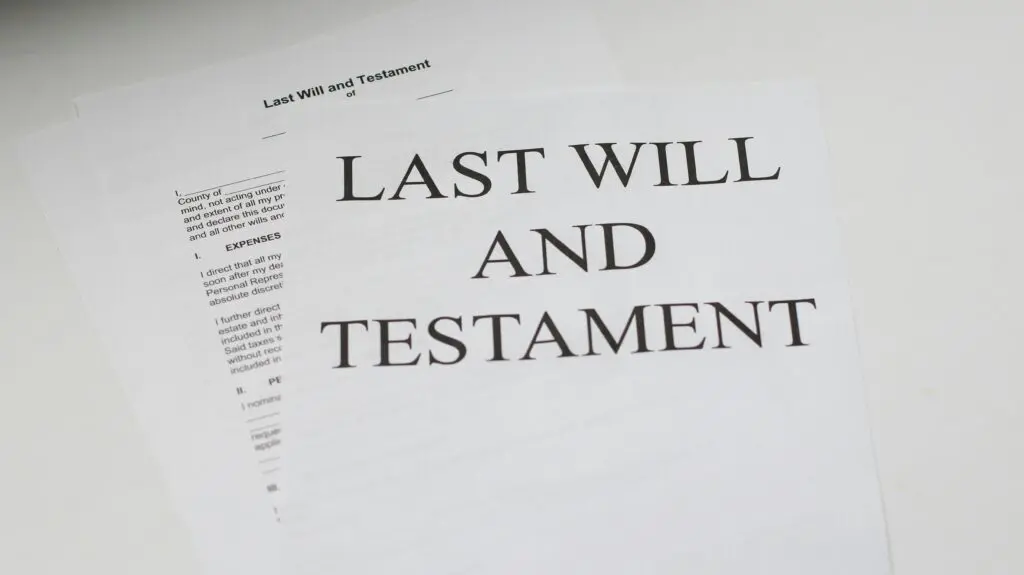Who Can Contest a Will in Melbourne, Victoria
19 November 2024Contesting a will can be a complex legal process, but understanding who is eligible is a critical first step. After probate has been granted for a Will, certain individuals who believe they have been unfairly treated or inadequately provided for may contest the will. In Victoria, this process involves applying for a family provision order under the Administration and Probate Act 1958 (Vic).
What Is a Family Provision Order?
A family provision order is a legal mechanism that allows eligible individuals to claim a greater share of a deceased person’s estate. This claim arises when the applicant believes the will does not adequately provide for their financial needs or entitlements. The court will assess the claim’s merits, balancing the applicant’s needs against the deceased’s intentions as outlined in the will.
Who Is Eligible to Contest a Will?
Under Victorian law, only “eligible persons” can lodge a claim against an estate. The Administration and Probate Act 1958 (Vic) provides clear criteria for determining eligibility. Eligible individuals include:
- Spouse or Domestic Partner
The deceased’s spouse or domestic partner at the time of death is automatically considered eligible. This includes legally married spouses and de facto partners, regardless of the duration of the relationship.
- Former Spouse or Domestic Partner
A former spouse or domestic partner can contest a will under specific circumstances. Typically, the former relationship must have left the individual financially dependent on the deceased, or there must be unresolved financial obligations from the separation.
- Children of the Deceased
Children of the deceased are also eligible, including:
- Biological Children: A natural child of the deceased has automatic eligibility.
- Adopted Children: Legally adopted children hold the same rights as biological children under Victorian law.
- Stepchildren: A stepchild may contest the will if they were financially dependent on the deceased or treated as a child of the family.
- Individuals Treated as Children: This category includes people who, while not legally or biologically related to the deceased, were treated as children by the deceased and were financially or emotionally dependent on them.
Adult children of the deceased can contest a will if they demonstrate financial need or dependency. Factors such as their relationship with the deceased, current financial circumstances, and contributions to the estate or care of the deceased will be considered.
- Grandchildren
Grandchildren of the deceased may contest a will if they can establish that they were financially or emotionally dependent on the deceased. This often applies in cases where the deceased played a significant caregiving role in the grandchild’s life.
- Members of the Household
An individual who was a member of the deceased’s household and dependent on them for financial or emotional support can also lodge a claim. This eligibility criterion is broad, encompassing extended family members, friends, or others living with the deceased.
- Spouse or Domestic Partner of a Deceased Child
If the deceased’s child has passed away within one year of the deceased’s death, the spouse or domestic partner of that child may contest the will. This provision aims to protect individuals who indirectly relied on the deceased for support through their relationship with the deceased’s child.
Factors Considered by the Court
When assessing a claim, the court will evaluate several factors to determine whether the applicant should receive a greater share of the estate. These factors include:
- The Nature of the Relationship: The closeness of the relationship between the applicant and the deceased plays a critical role. For example, a long-term spouse may have a stronger claim than an estranged child.
- Financial Needs: The applicant must demonstrate financial hardship or need. This includes their current income, assets, debts, and ability to support themselves.
- The Size of the Estate: The court will consider the estate’s total value and whether sufficient funds are available to meet the claim without unfairly disadvantaging other beneficiaries.
- Contributions to the Estate: Applicants who contributed significantly to the estate, such as through financial investments, unpaid caregiving, or property improvements, may strengthen their claim.
- Competing Claims: The court must balance the applicant’s needs against the claims of other beneficiaries and the intentions expressed by the deceased in their will.
- Health and Age: The applicant’s age, health, and ability to work or support themselves are also considered. For example, a disabled applicant may have a stronger claim than an able-bodied adult child.
- Deceased’s Intentions: While the will reflects the deceased’s wishes, the court may override these intentions if they conflict with the applicant’s legal entitlements.
Time Limits for Contesting a Will
In Victoria, claims must be lodged within six months of the grant of probate. This time limit ensures that estates are distributed in a timely manner. Exceptions may be made in rare cases where the applicant provides compelling reasons for the delay.

Contact Hentys Lawyers for assistance today!
Understanding who can contest a will is crucial for both potential claimants and executors. While the law sets clear eligibility criteria, each case is unique, and the outcome depends on a range of factors, including financial need, the nature of the relationship, and the size of the estate. If you believe you are eligible to contest a will or are involved in a will dispute, seeking professional legal advice is essential to achieving the best possible outcome. Contact Hentys Lawyers today!